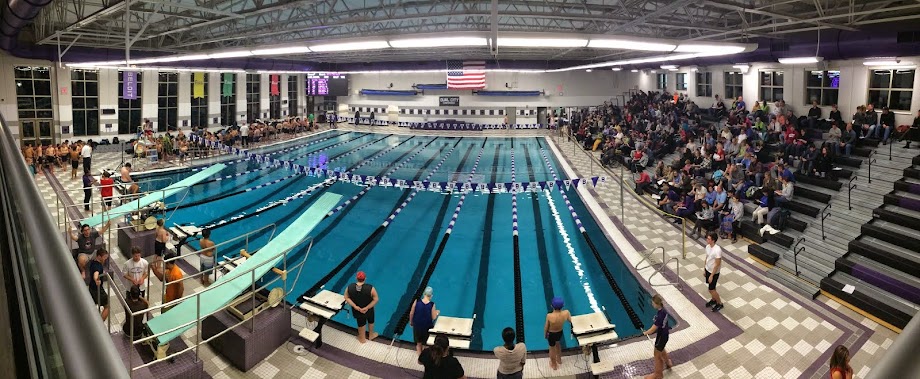03/04/10
This fair, diffident sport of ours has come a long way in the past 25 years. I’ve been around on the international scene now for a decade and it’s hard to keep in mind this new generation is not as familiar with the era in which I began my career. I understand this. Only through my experiences casually chatting with those of generations preceding mine have I garnered a glimpse into this sport’s previous eras, which is to me, fun.
My first memory of swimming is of the 1992 Olympic Games. I remember watching Pablo Morales breathe through his nose behind the block after the start was called back. I remember turning my head sideways at the television to see how Mel Stewart was swimming the 200 butterfly. I remember Ron Karnaugh’s heart-rending story very well. These memories remain exceptionally vivid to this day and are what my career exploded from.
It’s hard to maintain a healthy sense of the history of this sport, especially in the last decade when much of the attention has been on the stratospheric advancement of swimming. Swimming has been quite successful at advancing, and many great things have come of it. We have traversed technology, as with suits, and have ushered in a new era in professional swimming while in the process learning more about the fundamental integrity of this sport. That being said, every once in a while, I believe a jolt into the historical psyche of our community may be absolutely appropriate, as I believe it can be in this situation.
Here at the University of Texas swim center we are no strangers to fast swimming. Our pool record board can attest to that. For years I have stared up at that board and watched the old orange and white placards exchanged for newer, shinier ones. Before this past year many of them were World or American records. Some still are. Many of those individual men’s records are, as a consequence, of a fairly recent date - within the last decade, and most within the last few years.
All except one.
There is one record up there that has withstood countless assaults. And there it stays. Aged, duller than the rest. Stubborn. Proud. Living on a board where most every other record has been cycled through countless times. This time on the board represents something hard to come by in swimming these days, especially with what has occurred over the last several years. The fact that it’s still there proves to me that what I knew as a kid was right: that is real swimming. It is a tribute to where swimming has come from, that fast swimming is nothing new. It is Matt Biondi’s former 100 freestyle World Record. It was set in 1988 at the US Olympic Trials in Austin, Texas. This time used to be the World Record before Alexander Popov broke it. Notably, Popov is the only man ever to have broken it as Biondi had swum it, in a brief.
There is a meet in Austin, Texas this weekend: the Austin Grand Prix. Undoubtedly, Biondi’s record, along with many of the other pool records, will be targeted. However, many of us here at Texas feel this record, deserves something special. If anyone should ever feel the need to swim faster than 48.42 at our pool, we ask that you swim the race as Biondi had, in a brief. We ask that you earn it. We don’t expect this to be easy and realize this is an unwonted challenge, but with all that has occurred over the last several years, this is a rare opportunity, and boy is it fair. There are not many records like this left in existence. This is homage to our sport. If it should be taken down, let us take it down with deference.

No comments:
Post a Comment
Note: Only a member of this blog may post a comment.